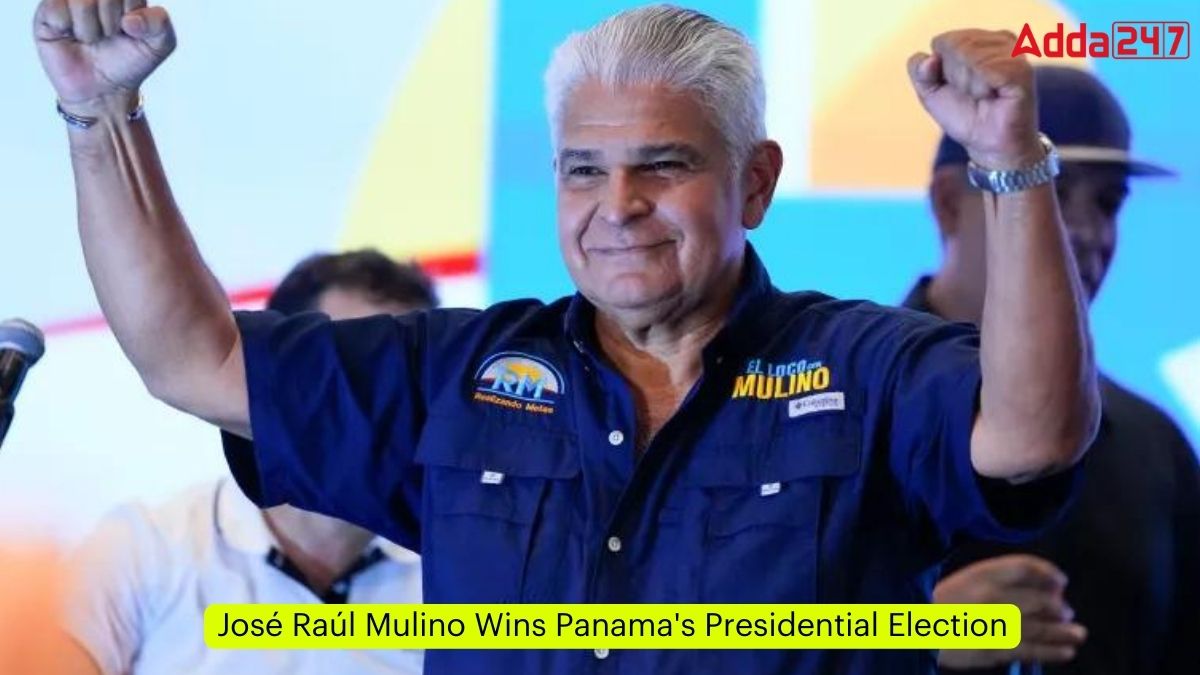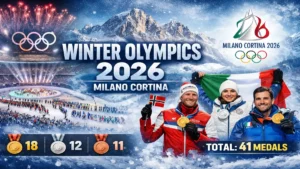In a significant political development, José Raúl Mulino has emerged victorious in Panama’s presidential election, securing nearly 35% of the counted votes with over 92% of the ballots tallied. The 64-year-old former security minister has gained an unassailable 9% lead over his nearest rival, prompting three of his closest opponents to concede defeat.
Mulino: From Vice-Presidential Candidate to President
Initially, Mulino was chosen as the Vice-Presidential candidate by former President Ricardo Martinelli, who was the initial Presidential candidate. However, after Martinelli’s conviction for money laundering and subsequent 10-year prison sentence, he fled and sought political asylum in the Nicaraguan embassy in the capital. Mulino stepped in to replace Martinelli as the Presidential candidate, garnering support from the Achieving Goals and Alliance parties.
Economic Challenges Await
The newly elected president will inherit an economy facing various challenges. Panama’s economic growth is projected to reach 2.5% in 2024, while grappling with high income inequality and an unemployment rate hovering around 10%. Additionally, a severe drought has impacted traffic in the economically crucial Panama Canal, and the country faces high public debt and declining foreign investment.
Illegal Migration and Diplomatic Tensions
Panama also grapples with the issue of illegal migration, as a significant number of migrants attempt to cross through its jungles en route to the United States. This ongoing situation has caused diplomatic tensions between Panama and the U.S.
Panama’s Government Structure
Panama has a popularly elected representative form of government, with the president serving as the head of the executive branch. The president is directly elected by the people for a five-year term and can serve only one term. The vice-president is also directly elected and subject to the same term limit.
The National Assembly, Panama’s parliament, comprises 71 members who are directly elected by the people for a five-year term. Assembly members are eligible for re-election.
About the Republic of Panama
Panama is a Central American country situated on the isthmus of Panama, connecting the North and South American continents. It is renowned for the Panama Canal, a vital 82-kilometer (51-mile) man-made waterway linking the Pacific and Atlantic Oceans, facilitating global maritime trade.
The Panama Canal was previously controlled by the United States but was transferred to Panamanian ownership on December 31, 1999.
Capital: Panama City Currency: Balboa Outgoing President: Laurentino Cortizo
As José Raúl Mulino assumes the presidency, he faces the daunting task of addressing Panama’s economic challenges, tackling illegal migration, and navigating diplomatic relations, while leading the country through the next five-year term.




 Winter Olympics 2026 – Complete Medal Ta...
Winter Olympics 2026 – Complete Medal Ta...
 Norway Breaks Winter Olympics Record! 17...
Norway Breaks Winter Olympics Record! 17...
 USA Stuns Canada in Overtime! Hilary Kni...
USA Stuns Canada in Overtime! Hilary Kni...








